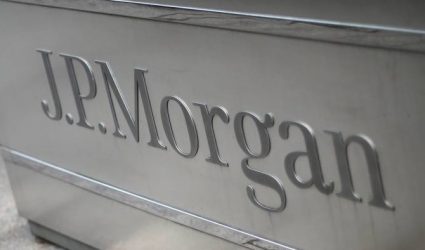
(TheStar) – JP Morgan believes that Malaysia has entered the “acceleration phase” pertaining to the increase in Covid-19 infections and that this could peak by the middle of next month.
The research house is pricing in expectations that the acceleration phase of the curve will last for only the next 1½ to two weeks before moving into the accumulation stage, when the overall infection growth rate slows to between 100 and 250.
“We expect the peak infection to be by the middle of April, at approximately 6,300 cases, ” it said based on its assumptions on three factors: sample population, secondary infection rate (RO) and mortality assumptions.
“We believe the government’s actions are proving effective in curbing the spread and intensity of the epidemic. Mortality rates in Malaysia are low, ” it added.
It said that Malaysia’s virus test per million is 482 which is four to 81 times higher compared with the other Asean countries at six to 109 tests per million population and even higher than several European Union countries.
And this suggested that the country has relatively better positioning to contain the virus diffusion process, it said.
JP Morgan said the strategy could result in higher reported infection numbers, but it was confident of milder development and mortality.

It also noted that the movement control order that started last week should also help to slow the spread and along with border controls should be able to subdue the secondary spread of the epidemic.
Based on the restrictions put upon the people in Malaysia, JP Morgan said it assumed that the country’s size of community spread level would be relatively small moving forward compared with European countries.
“Also, we rate the country’s efforts on infection curve control highly. Therefore, we assume that the potential size of the group that initially interacts with the infected group (the group that needs to get the virus test) is to be around 0.2% of the total population, ” the research house said.
“Given the total size of the test group in Hubei, China and South Korea is about 0.1% to 0.7% of the total population. We view that initial setting on the sample population looks reasonable, ” it added.
JP Morgan said Malaysia’s RO is estimated to be at 1.7 at present and these are similar infection parameters used in China and South Korea.
This suggests Malaysia would face a doubling of infection process in every five to seven days in the early acceleration stage, it said.
“However, considering several containment measures and lower population density, in our opinion, an initial setting of RO at 1.7 (vs China: two; South Korea: 1.9) looks reasonable, ” JP Morgan said.
It also said Malaysia’s reported mortality ratio is 0.77% which appeared too low compared with the global average of 4.4%.
“We initially set the mortality assumption at around 2% in the epidemiology modelling in Malaysia and use the same mortality assumption for South Korea and China, ” it said.


No comments:
Post a Comment
Note: Only a member of this blog may post a comment.